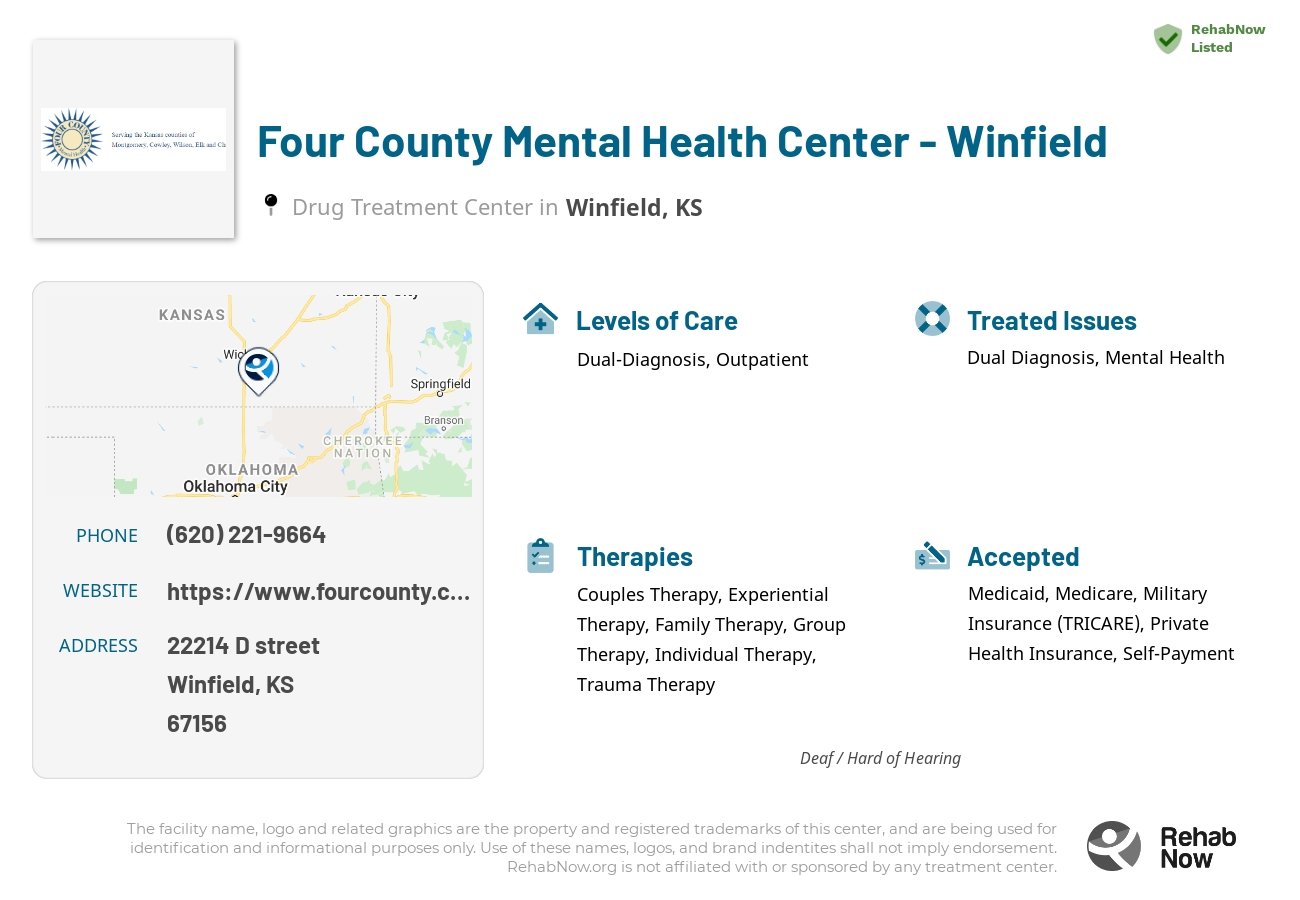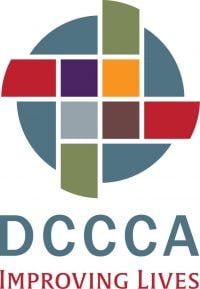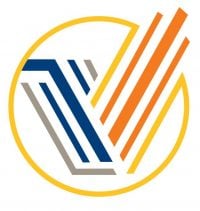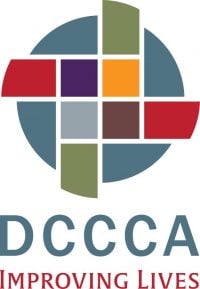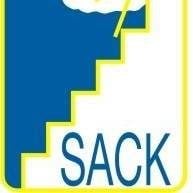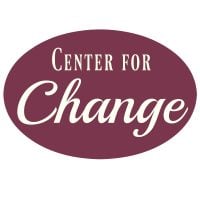Four County Mental Health Center - Winfield
Drug Rehab Center in Winfield, Kansas
Four County Mental Health Center – Winfield, located in Winfield, Kansas, provides comprehensive mental health services and access to supports for individuals and families of all ages, including psychosocial assessments, therapy, medication management, crisis response, and substance abuse treatment through its Intensive Outpatient Addiction Program.
About This Kansas Facility
Four County Mental Health Center - Winfield, located in Winfield, Kansas, is an Addiction Treatment Facility that has been providing care since its establishment in 1964. Accredited by JCAHO, this treatment center specializes in offering comprehensive services to individuals suffering from Dual Diagnosis, Mental Health conditions, Drug Addiction, Substance Abuse, Alcoholism, and Opioid Addiction. With the mission to help individuals achieve recovery and improve their overall well-being, Four County Mental Health Center - Winfield offers various levels of care including Dual-Diagnosis, Outpatient, Inpatient, and Aftercare Support. They also accept Private Health Insurance, ensuring access to their services for a wide range of individuals in need.
In addition to their commitment to mental health, Four County Mental Health Center - Winfield provides a variety of services specifically designed to address addiction and substance abuse. Their team of dedicated professionals offers individualized treatment plans tailored to meet the unique needs of each client. Through their Dual-Diagnosis program, individuals receive specialized care for co-occurring mental health disorders and addiction. They also provide outpatient services, giving individuals access to treatment while still maintaining their daily responsibilities. For those requiring more intensive support, Four County Mental Health Center - Winfield offers inpatient programs that provide a structured and supportive environment to aid in recovery. Furthermore, the center emphasizes the importance of aftercare support, ensuring individuals have the necessary resources and guidance to maintain sobriety and successfully transition back into their daily lives.
Genders
Ages
Modality
Additional
Accreditations

JCAHO
Conditions and Issues Treated
Dual Diagnosis refers to someone who is both dealing with addiction and another mental health issue.
There are different kinds of Dual Diagnosis: A person who simultaneously experiences both a mental illness and an addiction disorder. Or, a person who experiences one or more coexisting (simultaneous) mental health conditions in addition to a primary substance use disorder.
Some conditions that commonly co-occur with addiction include:
- Personality Disorders (Borderline, Narcissistic)
- Mood Disorders (Bipolar Disorder, Depression, Anxiety Disorder)
- PTSD (Post Traumatic Stress Disorder), OCD (Obsessive Compulsive Disorder), ADHD (Attention Deficit Hyperactivity Disorder)
- Schizophrenia, Psychosis, Hallucinations, Delusions
Levels of Care Offered at Four County Mental Health Center - Winfield
This center offers a variety of custom treatment tailored to individual recovery. Currently available are Dual-Diagnosis, Outpatient, with additional therapies available as listed below.
Outpatient treatment programs provide drug and alcohol addiction treatment through individual sessions with a counselor, group therapy, 12-step meetings, and other activities to help individuals gain sober living skills. Most programs are designed for those individuals who have completed a medically supervised detoxification program and provide opportunities for clients to begin the process of early recovery.
Outpatient programs also offer a level of medical support as needed and psychological backing through therapy. Clients are encouraged to live at home, though there may be some flexibility regarding this requirement based on the circumstances and needs of each patient.
Outpatient treatment is perhaps the most common type of dual diagnosis program available. It does not pose a significant financial burden on patients. However, it is essential to note that outpatient treatment does not provide the support and supervision given in residential programs. Some addicts may need this level of support to maintain their sobriety.
Therapies & Programs
Therapy sessions focused on the individual addict can provide much-needed guidance as they work toward overcoming their addiction. These types of sessions typically involve guidance from a therapist, who will help addicts identify and process their feelings and cravings.
During these sessions, addicts may develop plans for coping with the triggers that typically lead to relapse and learn how to avoid those triggers during their recovery process.
If you are looking for drug recovery, couples therapy can be a great option. This type of therapy can help rebuild trust and joy in relationships that may have been damaged by addiction. It can also help reduce the dysfunctional behavior in a relationship that may trigger addiction. A patient’s partner will be involved in the process. They can also benefit from therapy, especially if they are trying to live with an addict.
The main goal of family therapy for drug addiction is to create an environment where communication can occur without judgment, hostility, or blame that often occurs within a family.
Family therapy is a type of group problem-solving that aims to improve communication and relationships between the patient, their family, and sometimes friends. The therapist is with the family as they learn to communicate with each other differently, especially with the addict when s/he is using.
The family can learn to reduce their enabling behavior or rally together and support each other during tough times. The patient also learns how to deal with their addiction and maintain sobriety while interacting with the family.
Different types of addiction treatment services are available. Within this article, group therapy is of interest due to its high success rate compared to individual therapy. Group therapy settings are beneficial because they allow recovering addicts to build a strong support network.
Benefits of group therapy are:
- Reduces feelings of isolation
- Immediate access to social support in the form of fellow addicts in recovery
- Lowers risk of relapse
- Increases rate of sobriety
- Builds coping skills that can be applied to everyday life
Trauma Therapy is a form of therapy that involves working with a patient to help them process and understand the past trauma(s) in their life. The idea behind it is that while some people can experience traumatic events and not have lasting psychiatric symptoms, many others will. In these cases, memories of the event get hidden from consciousness but continue to influence how the person processes and copes with things in their life. They may avoid situations that resemble what happened or become suddenly angry or irritated to a situation that reminds them of a past event.
With the help of a therapist, people can go back over memories and experiences. This helps them understand why they are having problems coping with certain situations and how they can change how they think and react to things. This therapy is typically done using techniques such as visualization, discussion, and writing down thoughts and feelings.
Trauma therapists will work with clients to help them understand their past and present relationships. Many times, patients may believe that something is inherently wrong with them or that they are unworthy of love. A therapist aims to correct these negative feelings and behaviors by helping the person realize that their actions do not reflect who they truly are.
One of the main goals of trauma therapy is to help clients express their emotions and talk about what they are feeling. This benefits both to increase awareness of how certain events have impacted them in the past and enables patients to realize that they can make changes in their lives.
Cognitive Behavioral Therapy (CBT) is used by drug treatment centers to help addicts comprehend the causes of their substance abuse and the consequences that follow. Through CBT, clients learn to recognize and avoid high-risk situations and cope with challenging situations when they arise.
CBT treatment often includes a combination of individual therapy, group therapy, lectures, and other activities. The treatment’s goal is to help addicts gain self-control and maintain abstinence from drugs and alcohol over the long term so that an addict can get sober and lead a more productive life.
CBT is particularly effective in helping people overcome their drug problems, especially people whose drug abuse is motivated by self-defeating beliefs and emotions.
Patient Experience
Experiential Therapy at Four County Mental Health Center - Winfield
Experiential therapy is a form of psychotherapy where patients are asked to engage in activities such as role-play, poetry writing, music composition, exercising, or journaling to help process intense feelings. The aim of the therapy is to help patients access deeper, often hidden emotions by helping them explore their own body and mind.
Payment Options Accepted
For specific insurance or payment methods please contact us.
Is your insurance accepted?
Ask an expert, call (888) 674-0062
Four County Mental Health Center Associated Centers
Discover treatment facilities under the same provider.
- Four County Mental Health Center - Independence Main Office in Independence, KS
- Four County Mental Health Center - Cowley Branch Office in Winfield, KS
- Four County Mental Health Center - Coffeyville in Coffeyville, KS
Learn More About Four County Mental Health Center Centers
Additional Details
Specifics, location, and helpful extra information.
Winfield, Kansas 67156 Phone Number(620) 221-9664 Meta DetailsUpdated November 25, 2023
Staff Verified
Patient Reviews
There are no reviews yet. Be the first one to write one.
Winfield, Kansas Addiction Information
About 42% of adults in Kansas have tried an illicit drug at some point in their lives. 12.4% of the state population uses illegal drugs and 4.5% abuse alcohol in a given year. 15.16% of all deaths in Kansas between 2008 and 2017 were caused by either drugs or alcohol.
About 9.4% of the population in Winfield, KS, has a drug addiction problem. This is higher than the national average of 8.9%. Many great drug rehab centers are available to help people overcome addiction. The best way to find the best drug treatment facility is to ask for referrals from friends or family members, or use trusted resources online to learn about each individual facility.
Treatment in Nearby Cities
- Pleasanton, KS (144.7 mi.)
- Lawrence, KS (158.3 mi.)
- Parsons, KS (97.9 mi.)
- Scott City, KS (230.7 mi.)
- Dodge City, KS (169.1 mi.)
Centers near Four County Mental Health Center - Winfield
The facility name, logo and brand are the property and registered trademarks of Four County Mental Health Center - Winfield, and are being used for identification and informational purposes only. Use of these names, logos and brands shall not imply endorsement. RehabNow.org is not affiliated with or sponsored by Four County Mental Health Center - Winfield.



